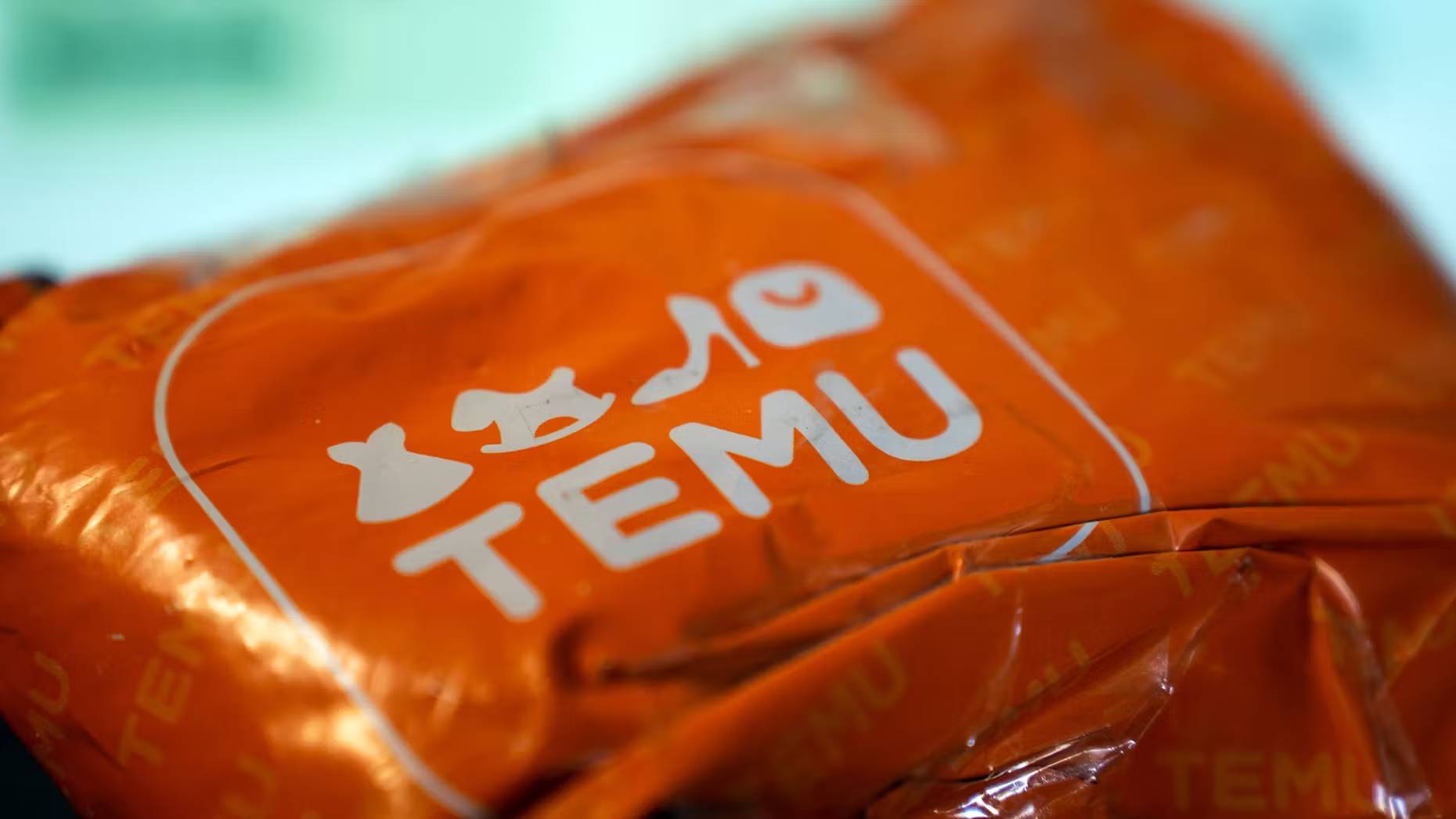Ever wondered when the popular shopping app Temu first came to life? Today, we’re looking at the history of this fast-growing online marketplace. Temu is a Chinese e-commerce platform owned by PDD Holdings (formerly known as Pinduoduo). It quickly became a big name in global online shopping by offering a wide variety of extremely low-cost products. PDD Holdings started as a company focused on agriculture in China but later expanded to international e-commerce with Temu.
When Was Temu Launched?
Temu officially launched in September 2021. Even though it hasn’t been around for long, it has already made a big impact on how we shop for everything from clothing to gadgets.
Created by the team behind Pinduoduo, Temu isn’t just any regular shopping app. It offers a huge variety of products at incredibly low prices. How? Working directly with manufacturers helps keep costs down so customers get the best deals.
What Makes Temu Special?
Knowing when Temu started is interesting, but what makes it stand out? Temu offers super low prices, frequent flash sales, and a wide selection of products. Whether you’re looking for the latest fashion or cool electronics, Temu has it all at affordable prices.
With free shipping on most orders and a secure shopping experience, Temu has quickly become a favorite for smart shoppers. It’s not just about spending less—it’s about shopping wisely.
A Unique Marketplace
Temu is often compared to Shein, but it works differently. While Shein creates its small batches of products, Temu is more like a marketplace. It allows other sellers to sell directly to customers. You can find a wide range of products, from clothes to electronics, at very low prices. Temu keeps costs down by shipping products straight from suppliers, skipping the middlemen.
Fun and Discounts for Customers
Temu has a fun, “gamified” shopping experience. It rewards customers with discounts when they share the app on social media or invite friends. This helps attract more users and keeps them engaged.
The De Minimis Loophole Issue
Temu benefits from a U.S. law called the “de minimis” provision. This allows packages worth less than $800 to be shipped to the U.S. without paying taxes or duties. Though the law was meant for tourists, Temu has used it to avoid some costs. Lawmakers are now pushing for changes to close this loophole, especially for items coming from China.
Controversies and Criticisms
Temu has faced several issues. There are concerns that some of its products are linked to forced labor, which would violate the Uyghur Forced Labor Prevention Act (UFLPA). The platform has also been accused of selling fake goods and not respecting customer privacy. Additionally, some customers have experienced shipping problems, with packages arriving late or not at all.
Fast Growth and Big Plans
Despite these problems, Temu has grown rapidly. Within a year, the platform made an estimated $16 billion in revenue and became one of the top apps in stores. Like Amazon in its early days, Temu is more focused on expanding its market than making profits right now.
Shop Like a Billionaire
In 2024, Temu made a huge marketing move by airing three ads during the Super Bowl and two more after the game. The ads used the slogan “shop like a billionaire” and were paired with over $15 million in giveaways. This campaign helped boost Temu’s already rapid growth.
Temu’s low prices and clever strategies have made it a big name in global e-commerce. However, the controversies surrounding its practices will likely continue to be a part of its story in the future.
Frequently Asked Questions (FAQ) about Temu
1. What is Temu and who owns it?
Temu is a global e-commerce platform offering a wide range of products. Temu is owned by PDD Holdings, a Chinese multinational company previously known as Pinduoduo.
2. What is the “de minimis” loophole and how does it benefit Temu?
The “de minimis” loophole allows Temu to ship packages of value under $800 to the U.S. without paying duties or taxes.
3. What payment methods does Temu accept?
Temu accepts various payment methods, including credit and debit cards, PayPal, and sometimes local payment methods depending on the country.
4. Is Temu similar to Shein?
While Temu and Shein are often compared, they have different business models. Shein contracts manufacturers to produce small batches of inventory on demand, while Temu acts as an online marketplace, allowing third-party sellers to offer their products directly to consumers.
5. Why is Temu so Cheap?
Temu uses a direct dispatch model, which ships products directly from suppliers to customers,

